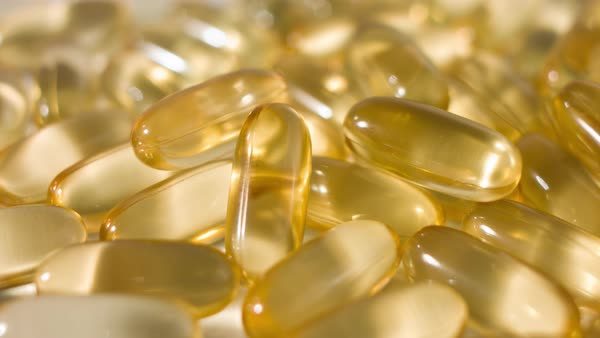Cod Liver Oil for Vitamin D?
When I was a kid, I had to take cod liver oil daily. I think it was for the vitamin D. Now that I hear that we all need more “D,” I’m wondering if cod liver oil isn’t the way to go.
Andrew Weil, M.D. | September 11, 2006

I sympathize. I also had to take a daily dose of cod liver oil when I was a kid. I certainly didn’t love it. Today you can get it in capsules or as a flavored liquid that’s much more palatable than the stuff we took.
You’re quite right that cod liver oil is a good source of vitamin D. According to the National Institutes of Health, it gives you 1,360 IU per tablespoon (I now recommend 2,000 IU daily). However, at least some kinds of cod liver oil provide as much as 13,500 IU of vitamin A, and that’s way too much.
The Upper Limit of vitamin A set by the Food and Nutrition Board of the National Academy of Sciences is 10,000 IU per day. Although it is an essential nutrient, an excessive, chronic intake of the form of vitamin A from animal sources (including cod liver oil) can be toxic, leading to hair loss, confusion, liver damage, and – more recently discovered – bone loss. Instead, I recommend getting your vitamin A as beta-carotene in addition to other mixed carotenoids, which are plant pigments found in orange and yellow fruits and vegetables and dark leafy greens. The body can make all the vitamin A it needs from beta-carotene. Unlike vitamin A, beta-carotene is water-soluble and nontoxic. Very high intakes – 100,000 IU or more a day – can turn your skin orange.
As far as vitamin D is concerned, you get some from the diet – it is found in fortified milk and cereals as well as from eggs, salmon, tuna, mackerel and sardines. In addition, our bodies make vitamin D with exposure to sunlight. You probably can’t get optimal levels from food, so if you live in areas where you don’t get much sun year-round or you use lots of sunscreen when you are outside, you’ll need to take adequate supplements. Look for ones that provide vitamin D3 (choleciferol), the form better used by the body than the more common vitamin D2 (ergocalciferol).
Andrew Weil, M.D.









